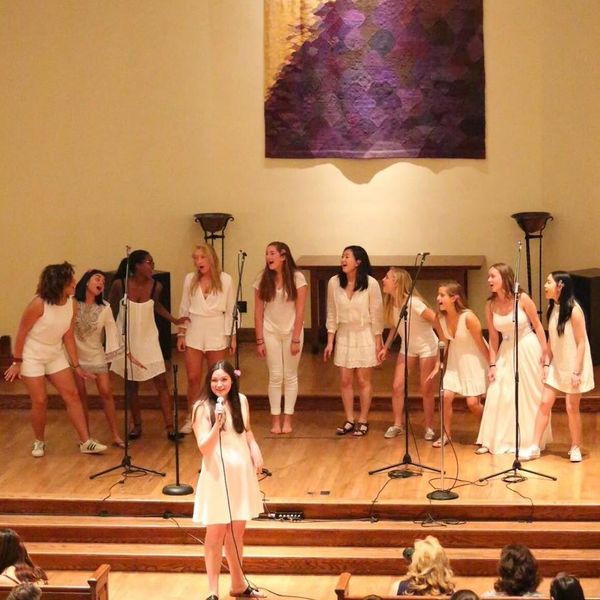Approximately nine million Americans live with some form of dementia. Researchers estimate that Alzheimer’s dementia is the sixth leading cause of death in the United States and that one in three senior citizens will die with dementia. Doctors have struggled to find cures and long-term treatments for progressive dementia for years. One organization, however, uses the powerful, rejuvenating quality of music to relieve the symptoms of dementia victims.
Dementia is a neurological condition associated with the loss of cognitive functions. Dementia results in the loss of a person’s ability to think, remember, or reason and includes conditions such as Alzheimer’s disease, Lewy Body dementia, brain injuries and Huntington’s disease. People with severe dementia often become distant and confused, but the nonprofit organization Music and Memory is working to ease those symptoms.
Music and Memory provides the elderly and infirm with personalized music playlists. The music allows those struggling with dementia to reconnect to their own identities and the world around them. As patients listen to their favorite music, certain music-triggered memories resurface and virtually bring the subject back to life.
To better explain the positive effects of music on dementia victims, Music and Memory composed a short video documenting music’s effect on Henry, an elderly man who has suffered from severe dementia for over a decade.
As you can see, there is a profound link between music and the memory centers of the brain. In fact, our brains are hard-wired to associate music with long-term memory. In the case of Henry and thousands of others like him, personalized music returns patients to their old selves. The organization has also produced a full-length documentary titled “Alive Inside” (available on Netflix) which highlights several other cases of effective music therapy.
Music and Memory is working with hundreds of nursing homes across the country to improve the quality of life of those affected by dementia. Ongoing research and evaluation has revealed participants are happier, more social and less dependent on anti-psychotic medication with the help of this personalized digital music program.
Music and Memory’s goal is to make personalized music therapy standard in care organizations throughout the United States. The nonprofit works to train the staffs of care organizations nationwide and actively engages in volunteer outreach. They also accept donations of new and used iPods which go directly to those in need.
To get involved with your local Music and Memory Certified Care Organization, visit the website's volunteer page. To donate an iPod, click here.
For more information on dementia, visit the Dementia Society of America.





















